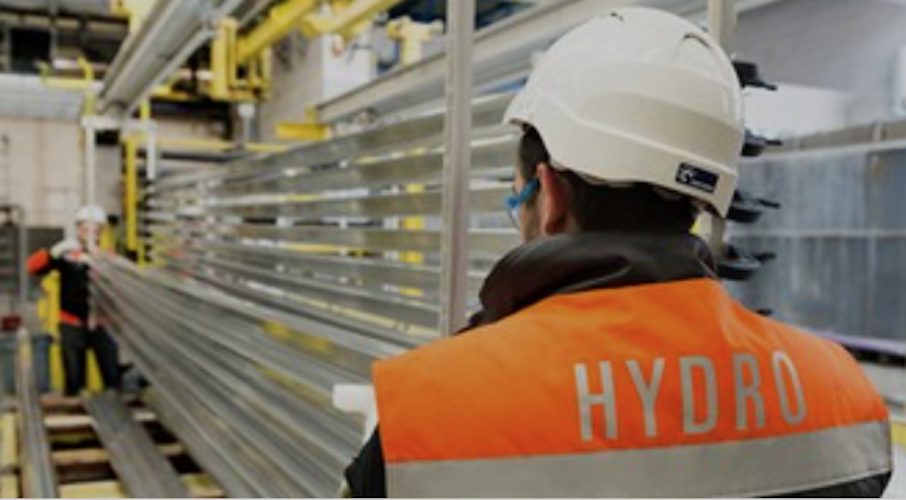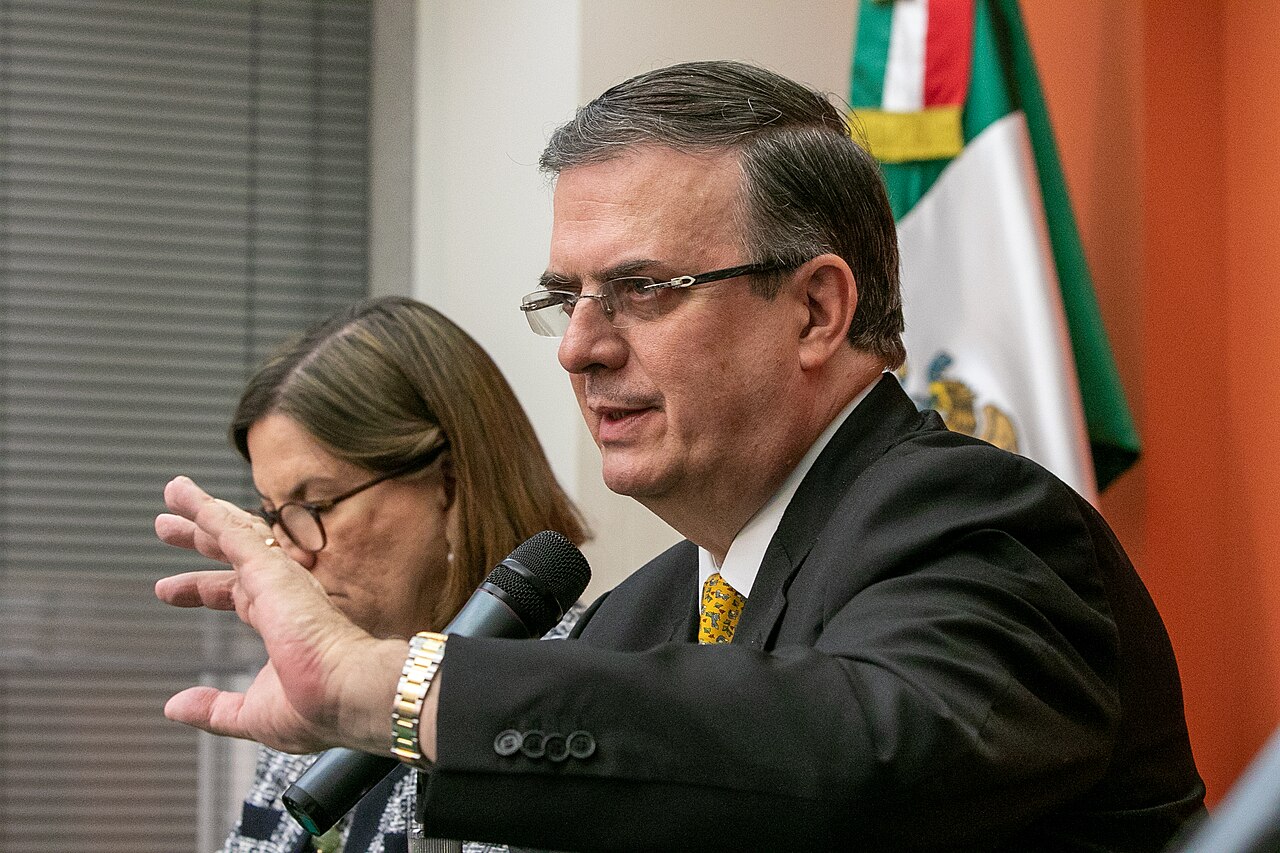Hydro says Russian metal threatens LME benchmark, Rusal hits back

The London Metal Exchange should reconsider a decision not to ban Russian aluminum from its warehouse network as large volumes are jeopardizing the benchmark status of its contract, producer Norsk Hydro said in a letter this week.
Top Russian producer Rusal hit back on Friday, saying rival Hydro was aiming to destabilize the market for its own benefit.
Russian aluminum amounted to 80% of available aluminum inventories in LME-registered warehouses in June, compared with 68% in May, 41% in January and less than 18% last October.
While there are no international sanctions on Russian metal, many consumers are shunning aluminum produced by Rusal, which accounts for 6% of global supplies. US import tariffs on Russian aluminum and products are also prompting some consumers to “self-sanction”.
Some analysts estimate the discount for Russian aluminum at $100-$300 per metric ton, Norsk Hydro said.
In the letter, seen by Reuters, the Norwegian aluminum producer asked the world’s largest forum for trading metals to reconsider its decision last November to keep Russian aluminum in the LME system.
The LME said that it would continue to reflect all relevant government sanctions and tariffs, and monitor for any market orderliness concerns in respect of Russian metal.
“We note that all metals of Russian origin continue to be consumed by a broad section of the market, and we will remain vigilant in respect of this matter,” the LME said in an emailed comment.
Destabilizing?
Removing Russian metal from the supply chain would be “highly destructive” to market structure in terms of market liquidity, Rusal said in a statement.
“Rusal considers these comments to be aimed at destabilising the market and driving anti-competitive behaviour… hence to the benefit of the competitor.”
It said it “continues to witness a broad acceptance of its low-carbon aluminum to a wide range of global consumers from across the world.”
Hydro asked in its letter if the exchange had consulted or obtained any guidance from Britain’s Financial Conduct Authority (FCA) on the risks to the “orderly functioning” of the market from Russian aluminum.
“We continue to engage with the London Metal Exchange on its controls to ensure it meets its obligations to maintain fair and orderly markets, including in the LME aluminum market,” the FCA said in a statement.
“We expect the LME to utilize necessary controls to meet its regulatory obligations.”
As LME aluminum prices are referenced in contracts between consumers, producers and traders, the dominance of Russian aluminum in the system is a problem, said Norsk Hydro’s chief financial officer Paal Kildemo.
“If you are a consumer looking to hedge exposure on LME and if 80% of it is Russian aluminum then you might consider using another market,” Kildemo told Reuters.
“There is still a risk that even more Russian aluminum will be delivered to LME further weighing on the reference price.”
Aluminum is listed on the Shanghai Futures Exchange (ShFE), but it is not easily traded due to currency and capital controls and restrictions on foreigners, who need to be affiliated with a Chinese company.
Aluminum trading volumes on the CME have been rising for more than a year. They climbed more than 150% year-on-year in May, according to CME data.
In October 2022, the head of metals at exchange operator CME Group said it would not block Russian metal unless government rules made it do so.
(By Pratima Desai, Polina Devitt and Eric Onstad; Editing by Veronica Brown, Jason Neely, Louise Heavens and Mike Harrison)
{{ commodity.name }}
{{ post.title }}
{{ post.date }}




Comments